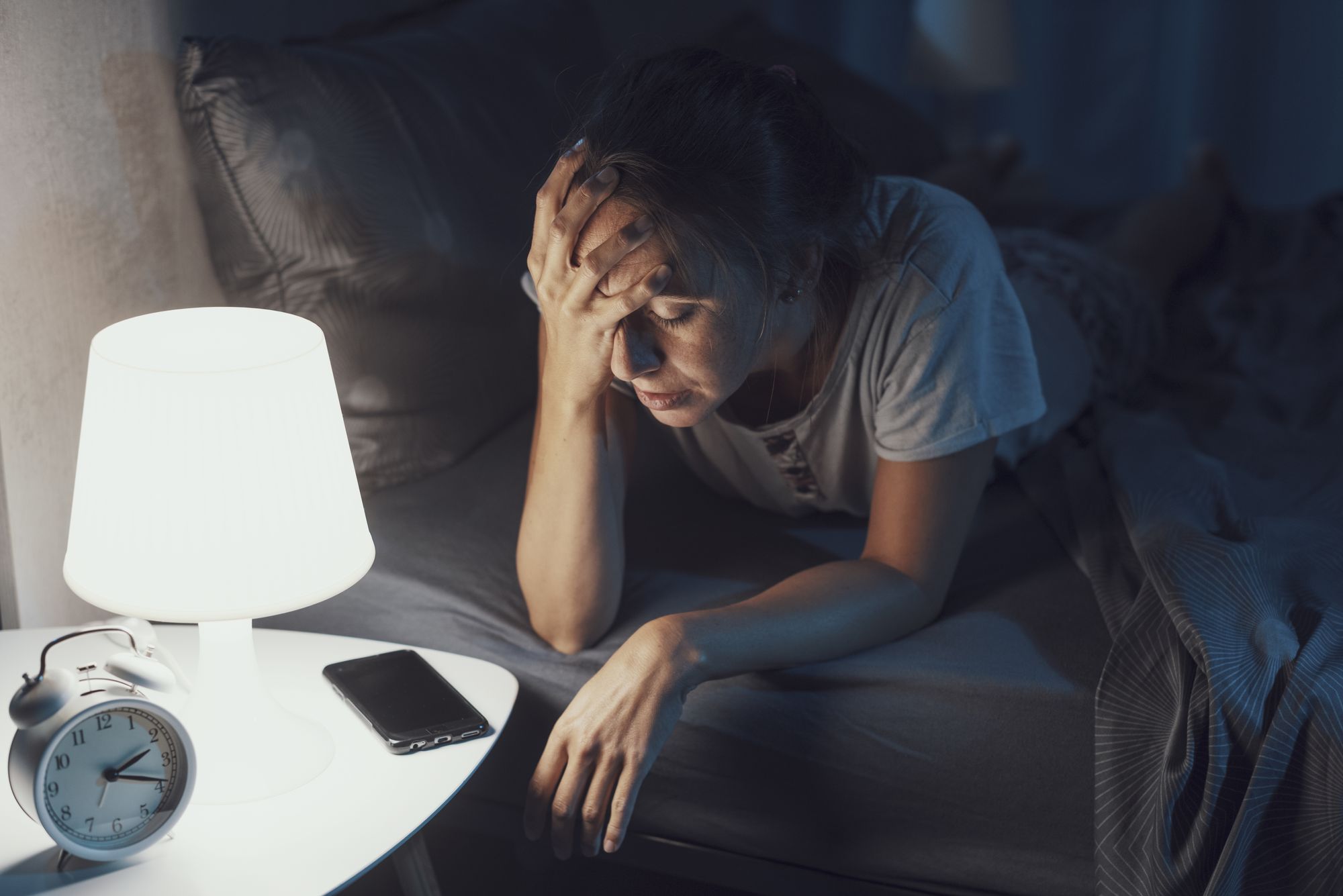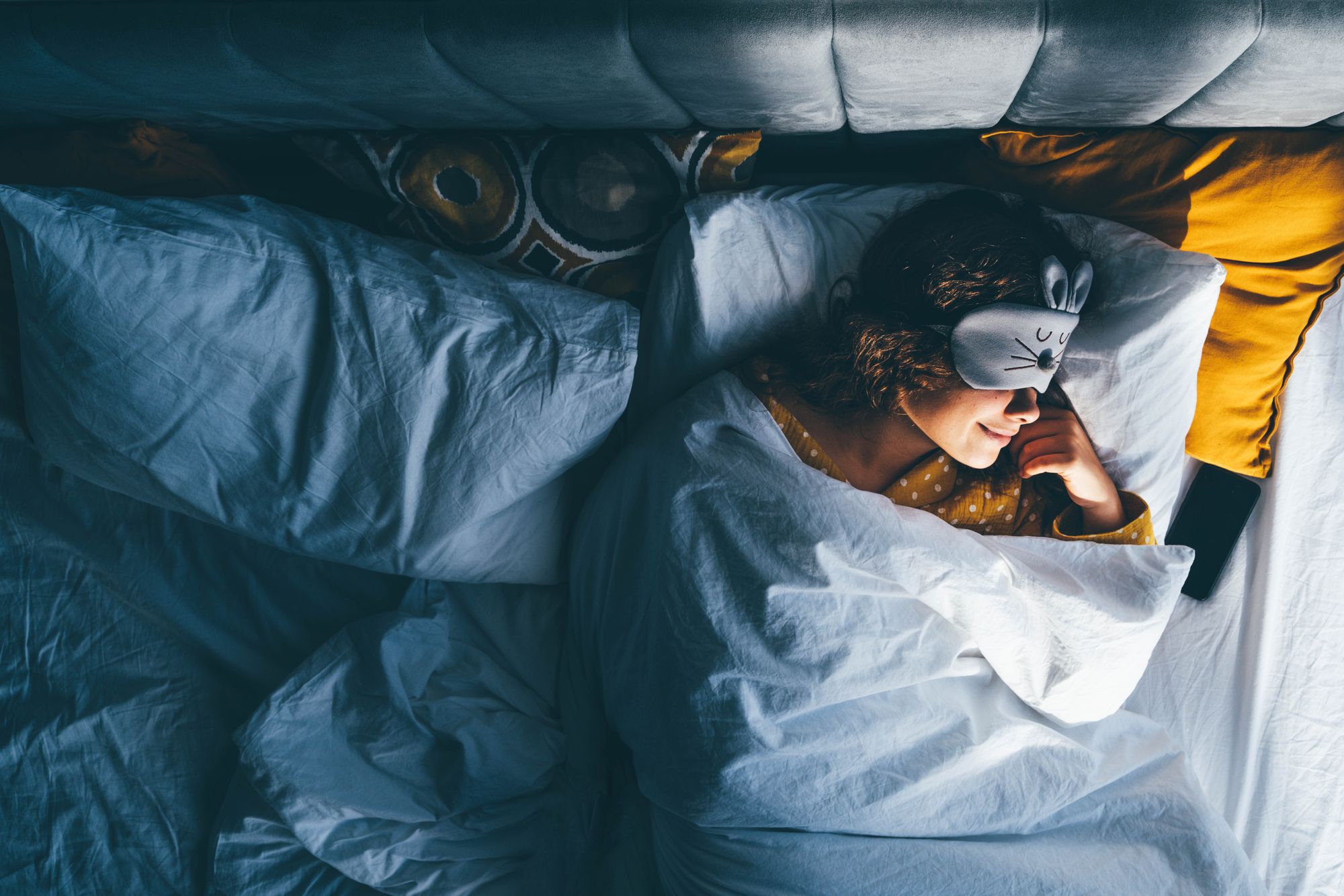Can Narcolepsy Affect Your Sleep?
Although there are no known cures for narcolepsy, there are many way's to combat it. Your mental and physical health is very important. Consult with a professional to get the help that you need.

Narcolepsy is a chronic sleep disorder that causes excessive daytime drowsiness. In the United States, it is estimated that one in every 2,000 people suffers from this chronic sleep disorder. That equates to 200,000 Americans and 3 million people worldwide.
Many cases of narcolepsy are thought to be caused by a lack of hypocretin (also known as orexin), a brain chemical that regulates sleep. In 2010, Swiss researchers discovered that some people with narcolepsy have antibodies against a protein known as Trib 2. This protein is produced by the same brain region responsible for generating hypocretin. Hypocretin is an essential hormone that allows the brain to regulate sleep cycles. These studies may help explain the root cause of narcolepsy in many cases. However, it still leaves a lot of uncertainty for narcoleptic people who still produce near-normal hypocretin levels. When analyzing the reports, there was only a slight correlation between people's sleep times with and without narcolepsy. The cause of narcolepsy is still unclear, and it is evident that it can significantly impact a person's sleep cycles and sleep quality.

REM Sleep and Normal Sleep
Sleep is a dormant condition of the body composed of cycles of different brain activity known as non-rapid eye movement and rapid eye movement. During REM (Rapid eye movement) sleep, your brain activity increases, and your body is in a total relaxation state. In REM sleep, your brain activity is at its highest point of the day and is responsible for creating dreams. Normal sleep starts with three stages of non-REM sleep, followed by a short period of REM sleep. For the people with narcolepsy, their pattern is much more fragmented, and they may wake several times during the night. Narcolepsy may result from an underlying condition that damages the areas of the brain that produces hypocretin. Symptoms of hypocretin include excessive daytime sleepiness and sudden loss of muscle tone. There is no cure for narcolepsy, but medication and lifestyle modifications can help manage these symptoms. Rem sleep is crucial to our health and if you want to learn more about the benefits of REM sleep, watch our video on REM sleep.
Although there is no cure for narcolepsy, there are treatments to alleviate the symptoms. Stimulants, serotonin, tricyclic antidepressants, and sodium oxybate are among the medications used to treat narcolepsy. Other treatments that people have tried in the past include sticking to a schedule, getting regular exercise, taking naps, and abstaining from nicotine and alcohol. For people diagnosed with narcolepsy, we recommend reaching out to friends and family to talk about it because narcolepsy can negatively impact a person's mental and physical health.
Sleep lets your body rest and recharge for another full day. Lack of sleep can lead to diabetes, high blood pressure, and heart disease. Getting the recommended amount of sleep can maintain your weight, lower your risk for serious health problems, and improve your mood.
Chronic diseases – such as diabetes, cancer, asthma, and heart disease – are leading causes of death and disability. The Liu Foundation offers philanthropic GoLively app and video series promoting evidence-based lifestyle habits to prevent chronic diseases. GoLively integrated Harvard, Stanford, and CDC’s Public Health findings into an easy-to-use behavior conditioning app and series of lifestyle motivation videos to prevent chronic diseases.
GoLively app and videos cover physical, mental, social, financial, and medical health aspects with 10 healthy lifestyle habits. GoLively enables corporate social responsibility to lower the annual $4 trillion spent on preventable chronic diseases in the United States. Healthy habits can lead to improved employee health, saving healthcare cost, increasing productivity, and morale. Download the Lively Habits app to help you keep track of your 10 healthy lifestyle habits. Go Lively!

Living It Up Anywhere
The idea of living your best life can be done anywhere, at any time, and all it really takes is a mindset shift. Take it one core lifestyle habit at a time, whether that is eating healthy and less, daily exercise, quitting bad habits, getting a routine checkup, or being positive. Take a chance today to Live It Up!

